Around the world, we’re seeing clear evidence that our climate is changing. Floods, drought, heatwaves, and forest fires have all become more extreme in recent years.
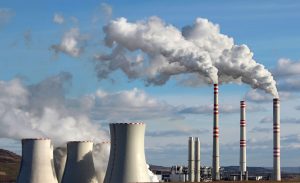
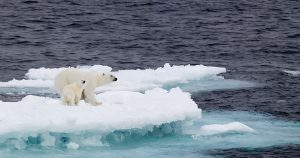
As CO2 emissions in the atmosphere increase climate change increases.
One billion children are at ‘extremely high risk’ of the impacts of the climate crisis – UNICEF.
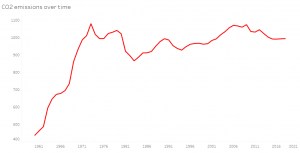
Over time, CO2 emissions have kept on increasing, and there are many reasons behind it. Between 1960 and 2020, CO2 emissions grew by over 90%, with emissions from liquid fuel consumption, electricity and heat production making up to 80% of CO2 emissions

This increase in CO2 emissions has led to a serious issue leading to Climate change and making life harder for all communities around the world, especially communities who struggle in finding clean water and it has impacted different aspects of their lives.
Every day, fragile water supplies are at even greater risk of disappearing completely. Drought or floods can damage water supplies and spread disease at the other extreme.
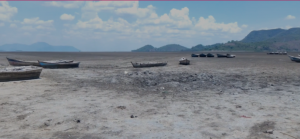
Belita in Malawi would agree. She relies on open water sources like Lake Chilwa for her livelihood. But the lake is prone to the whims of changing weather patterns.
“Due to drought last year, I was not able to produce enough food for my family,” she told us.
“However, I was determined to save my life and that of my children by cultivating a small garden.”
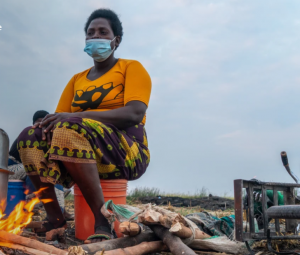
Lake Chilwa is the second biggest lake in Malawi.
Belita and her community rely on it for transport, fishing, and doing business.
At some points of the year, the lake suffers from extreme flooding. At other times, it dries up. Some years, the lake evaporates completely, devastating the community.
In 2019, Cyclone Idai struck, scarring the lake and land further. Leaving the community benefiting from the Lake suffering to find clean water, and continue working in their businesses.
“It used to take 25-40 years for natural drying cycles to occur.
“But now, every three to five years there is an extreme recession in Lake Chilwa.
“This is the impact of climate change.”
– Environmental scientist, Professor Sosten Chiotha
Action Needs to be Taken!
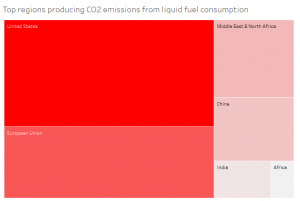
As climate change impacts our planet’s health and ecosystems, we all must do our part to reduce its negative effects. One way to help lessen the effect of climate change is to reduce our carbon emissions.
Countries like the United States, European Union, and the Arab World need to take initiative in decreasing their CO2 emissions through:
- Governmental regulations forcing companies to lower their carbon footprint
- Reducing air travel
- Switching to clean energy through solar panels, wind turbines, and geothermal energy
- Initiating projects to help communities affected by climate change and finding innovative ways to lessen the impact of climate change on their lives.
https://dub01.online.tableau.com/#/site/zainabhodroj/workbooks/833439?:origin=card_share_link
Climate change is a critical threat to humanity. Ethical conscientious governments are required to tackle this issue….